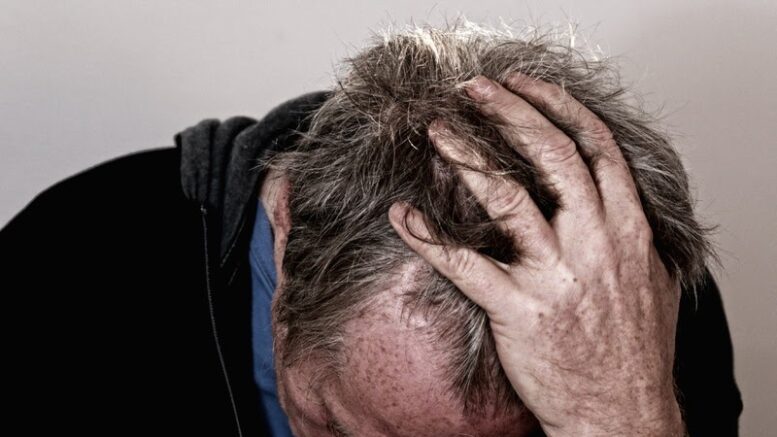Life is unpredictable, and most people encounter a traumatic experience at least once in their lifetime. An accident, a natural disaster, or losing a loved one is hard to deal with emotionally. The worst part is that such incidents may leave you struggling with mental health issues. Post-traumatic stress disorder (PTSD) is one of the more severe implications one may face after going through a dire event.
Although not everyone suffers from the condition, there are good chances you may miss out on the signs indicating it. A delay in diagnosis and treatment worsens the problem and affects the quality of life before you know it. Recognizing the early signs and symptoms can help you seek timely help and get life back on track. Let us explain the PTSD red flags indicating you must seek help sooner than later.
Sign #1- You have been through a traumatic event
PTSD is not the same as the usual stress you encounter in daily life. A traumatic event is the cornerstone of a reasonable assumption that your stress is actually PTSD and requires immediate medical attention. Direct exposure or involvement in a grave event is not the only reason for experiencing the condition. Even witnessing a traumatic event or reading about it can cause immense stress. First responders such as medics, police officers, firefighters, or other emergency service providers are vulnerable even if the events are not personal. Any stress after a traumatic event requires close evaluation by a professional.
Sign #2- You have haunting memories
Having haunting memories of the traumatic event is another sign you must get help immediately. You may remember it even without thinking about it. The memories may come during the day as a flashback or your sleep as nightmares. It is much like reliving the experience repeatedly, making it more scary and painful. You may even end up feeling anxious, guilty, or suspicious for no reason. Extreme emotions can cause physical problems such as headaches, chills, palpitations, and panic attacks. But timely attention can prevent the condition from aggravating.
Sign #3- You feel like a different person
PTSD can actually make you a different person by causing extreme behavioral changes. At times, you may not notice them yourself, but others see the subtle or prominent changes in your personality. A PTSD counseling session by an expert can help you recognize the root of the change. The condition intensifies your emotions and makes you react differently to situations than you usually would. For example, you may find it hard to focus on tasks you enjoy otherwise. Your behavior toward your loved ones may change, and your work productivity may be affected. Overall, you become an all-new version of yourself, and it is not a good one.

Sign #4- You experience mood swings
Not all PTSD patients encounter extreme symptoms like nightmares, flashbacks, and behavior changes. You may even have subtle red flags such as mood swings unrelated to the traumatic event. Feelings of negativity, hopelessness, and numbness become a part of your existence. You may even lose your self-confidence at work and in social circles. Close relationships such as the ones with your partner, kids, or parents may suffer due to sudden mood swings. You must not wait for things to worsen, and look for professional help right away.
Sign #5- You find yourself avoiding things and people
Avoidance is another PTSD red flag to watch out for. You may find yourself steering clear of everything and everyone that reminds you of the traumatic event. For example, you may not want to get behind the wheel after a car accident or fly after losing a loved one in an air crash. Likewise, you may not want to meet friends or family members who were around when the mishap occurred. You may also not wish to visit the place where it happens. Avoidance can also be about staying away from people, even if they had nothing to do with the event. Isolation is another reason to get help.
PTSD is not the same for everyone, and you may encounter one or more of these signs. But not paying attention is the last thing you should do as it only worsens your mental health. Accepting the problem and seeing a professional should be a priority as you cannot handle the issue on your own. Counseling support is the only way to regain control and normalize your life. So be sure to recognize these signs and get help before it is too late.
